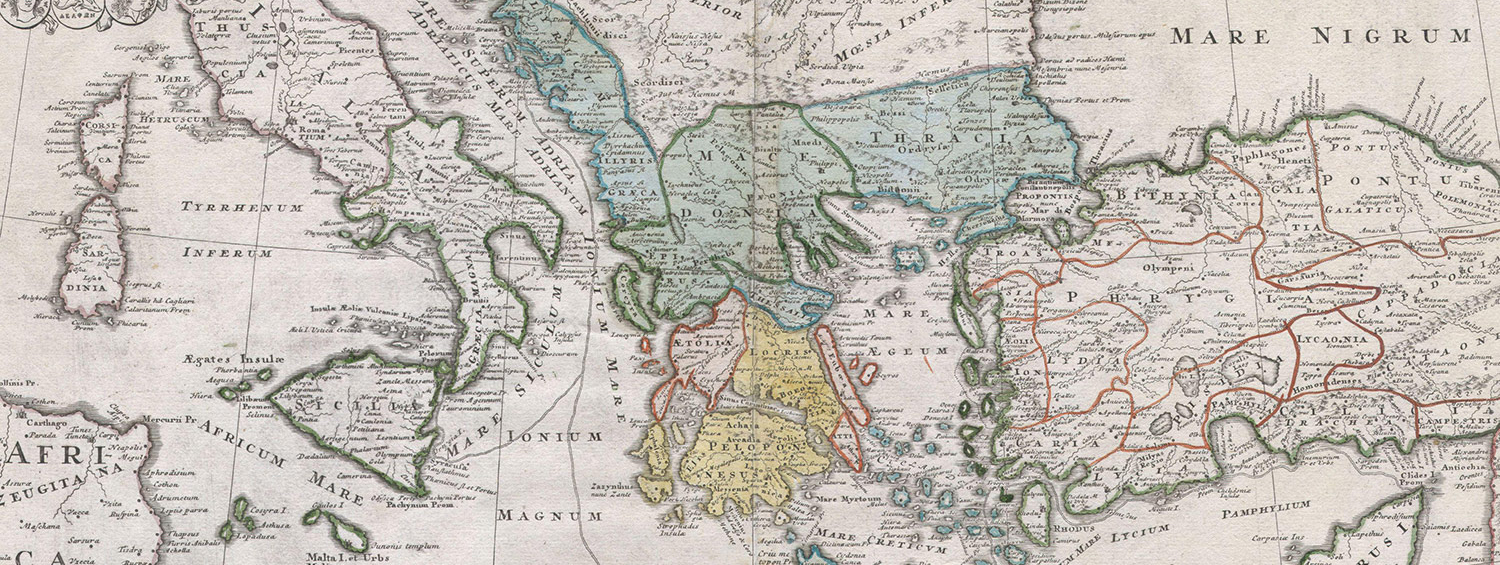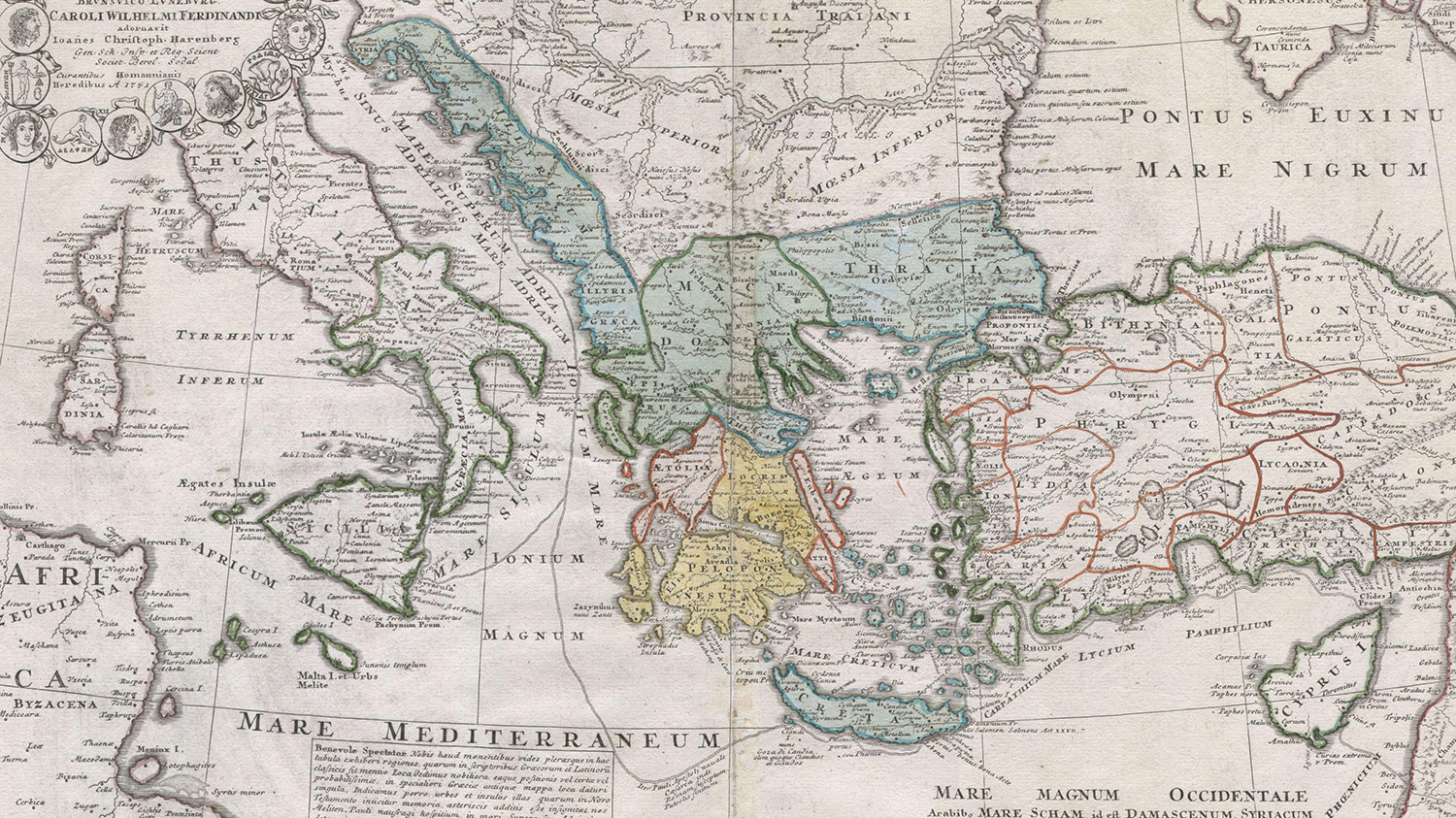The Places Between: Ancient Mediterranean Borderlands
Elizabeth DePalma Digeser
History
UC Santa Barbara
The Ancient Mediterranean world is often portrayed as a place of stark oppositions and unyielding boundaries between groups: Civilized versus barbarian. Greeks versus Persians. Pagans versus Christians. Conflicts such as these constructed the borderlands where much of Mediterranean history played out: spaces both physical and conceptual where no single power exerted overriding hegemonic domination. Although this group’s research focused on the ancient world, the questions explored possess enduring significance: What is the relationship between contested religious or ethnic identities and internecine violence? Does imperialism foster the formation of rebellious ethnic or religious identities, both at the center of power and in the periphery? How might multiple identities form in a contested frontier region, and how might such borderlands peoples complicate the relationship between contending powers? The group also stretched beyond the traditional Greek and Roman focus of ancient Mediterranean history to include scholars working on ancient Persia/Iran, indigenous peoples of western Asia Minor (Turkey), the Near East (e.g., the Levant), and Egypt.


